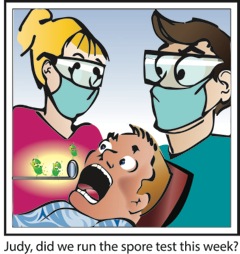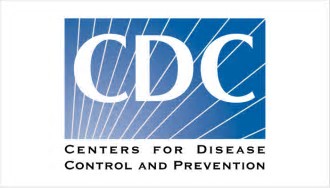Effective sterilization is essential to protecting patients and staff in the dental setting. Biological monitoring,…
Compliance Deadlines Looming
All dental offices nationwide must ensure they are complying with OSHA’s new Hazard Communication Standard (Hazcom) by June 1. All dentists in California authorized to prescribe controlled substances must register with CURES 2.0 by July 1.
- June 1, 2016
On June 1, 2016, all chemical manufacturers, importers, distributors and employers must be in compliance with all modified provisions of OSHA’s Hazcom Standard. All employers must ensure that they have updated their hazard communication program, including alternative workplace labeling on secondary containers (if any), safety data sheets (SDSs), as well as provided additional employee training.
For our OSHA Review Subscribers: The January/February 2016 issue of OSHA Review, in Section VI of your binder, covers Cal/OSHA’s new hazcom requirements. Additionally, a template plan can be downloaded from OSHA Review’s website in the clients-only section under Professional Documents.
- July 1, 2016 – California only
All dentists who are registered with the U.S. Drug Enforcement Agency (DEA) to prescribe, order, administer, furnish, or dispense controlled substances must register for CURES 2.0 by July 1, 2016, even those who do not actively prescribe or dispense. On January 8, 2016, the California Department of Justice (DOJ) released its updated version of CURES – CURES 2.0. CURES, which stands for Controlled Substance Utilization Review and Evaluation System, stores Schedule II, III, and IV controlled substance prescription information reported as dispensed in California in order to identify and deter drug abuse and diversion. Refer to the DOJ for more information.
Since 1992, OSHA Review, Inc. has provided dental professionals with comprehensive programs to support regulatory compliance and infection control. We are a registered dental continuing education provider in the state of California, specializing in Dental Practice Act, infection control, and OSHA training.



